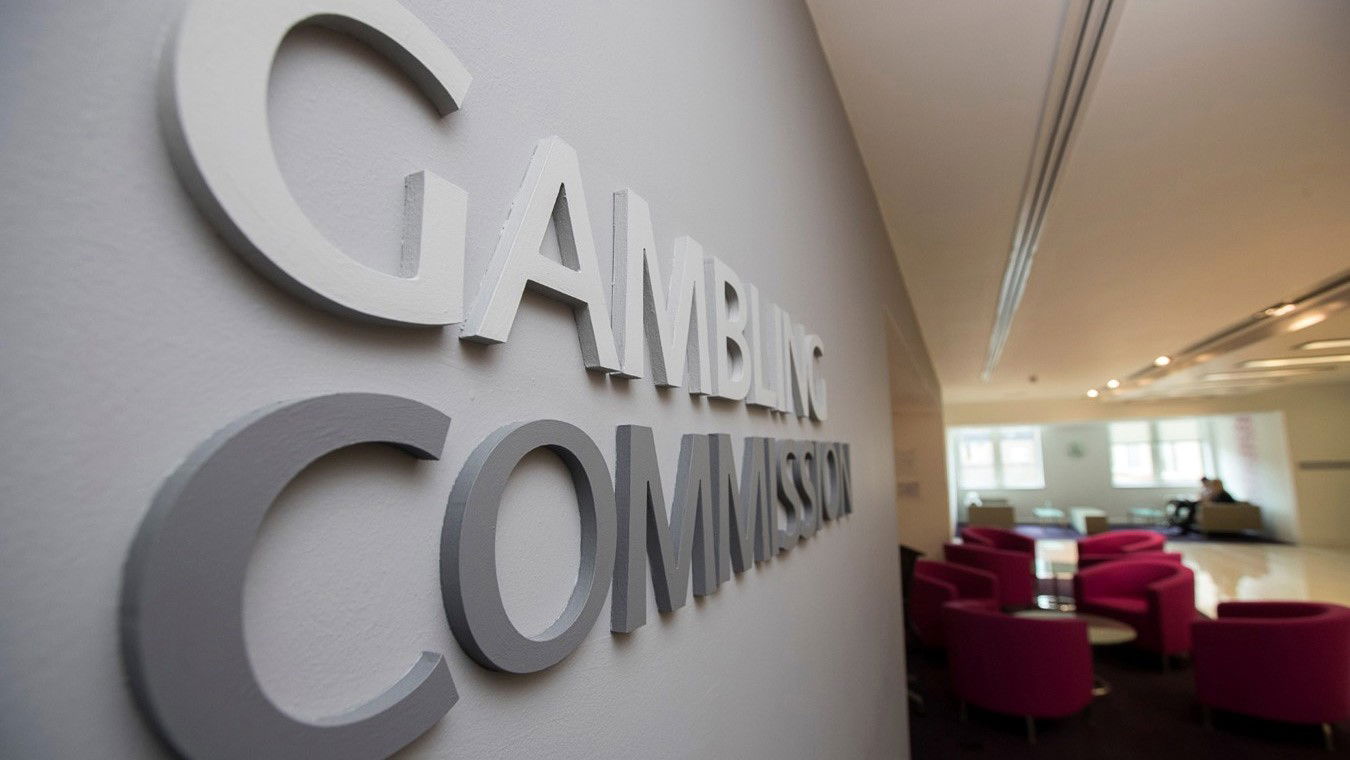
The UK Gambling Commission (UKGC) has published its inaugural annual report on the Gambling Survey for Great Britain. The comprehensive study, conducted in 2023 with the National Centre for Social Research and the University of Glasgow, aims to establish a new baseline for understanding gambling behaviors in the UK. It has captured data from nearly 10,000 participants, with plans to expand to 20,000 in future iterations.
The survey revealed that 48% of adults aged 18 and over participated in any form of gambling in the past 4 weeks, with male participants (52%) more likely than females (44%) to gamble. Gambling participation was 27% when those who only participated in lottery draws were excluded.
Moreover, the report noted significant differences in Problem Gambling Severity Index (PGSI) scores, particularly among younger age groups and those participating in specific types of gambling, such as online slots and betting on non-sports events.
Male participants were more likely than female participants to have higher PGSI scores and those aged 18 to 34 had higher PGSI scores than other age groups. The proportion of participants with a PGSI score of 8 or more was more than 6 times higher for those who had gambled on online slots, relative to all people who had gambled in the past 12 months.
Datasets on “Problem Gambling Severity by Sex and Age” detailed a PGSI score (+8) on all participants of 2.5%. The highest PGSI score of the GSGB marks an 8x increase on previous NHS surveys that maintained problem gambling prevalence at the 0.3%-to-0.4% range amongst UK adults.
Ahead of the publication of the year-one statistics, the UKGC cautioned against using GSGB data for direct comparisons with previous reports from NHS health surveys to measure the impact of gambling addiction and harms in the UK.
However, while warning against like-for-like comparisons, the Commission stands by the survey providing greater insights on “who participates in gambling, what type of gambling activities they participate in, experiences of and reasons for gambling, and the consequences that gambling can have on individuals and others close to them.”
The survey is a key initiative of the Commission, which launched a pilot program in 2021 to remodel data collection on adult gambling participation and problem gambling prevalence statistics. By adopting a new methodology and data-collection approach, this survey will replace the previous datasets provided by the NHS on problem gambling prevalence.
“One of our aims as a regulator is to ensure we gather the best possible evidence on gambling – and today’s publication is the next significant step forward in our journey on creating a robust source of evidence for gambling in Great Britain,” Tim Miller, Executive Director of Research and Policy, said.
“Data in this report represents the first year of a new baseline, against which future changes can be compared and as such will prove invaluable in deepening further our understanding of gambling across the country.”
UKGC Commission CEO Andrew Rhodes had previously endorsed the remodeled survey, describing it as the most comprehensive evaluation of gambling participation ever conducted by a regulatory authority.
“The Gambling Survey for Great Britain has been painstakingly developed to give us the level of detail we need with modernized questions, increased frequency, and flexibility. It will also benefit from an increase in scale – with around 20,000 respondents each year when it is fully up and running. It will be the largest survey of its kind in the world,” Rhodes said at the GambleAware conference in December.















